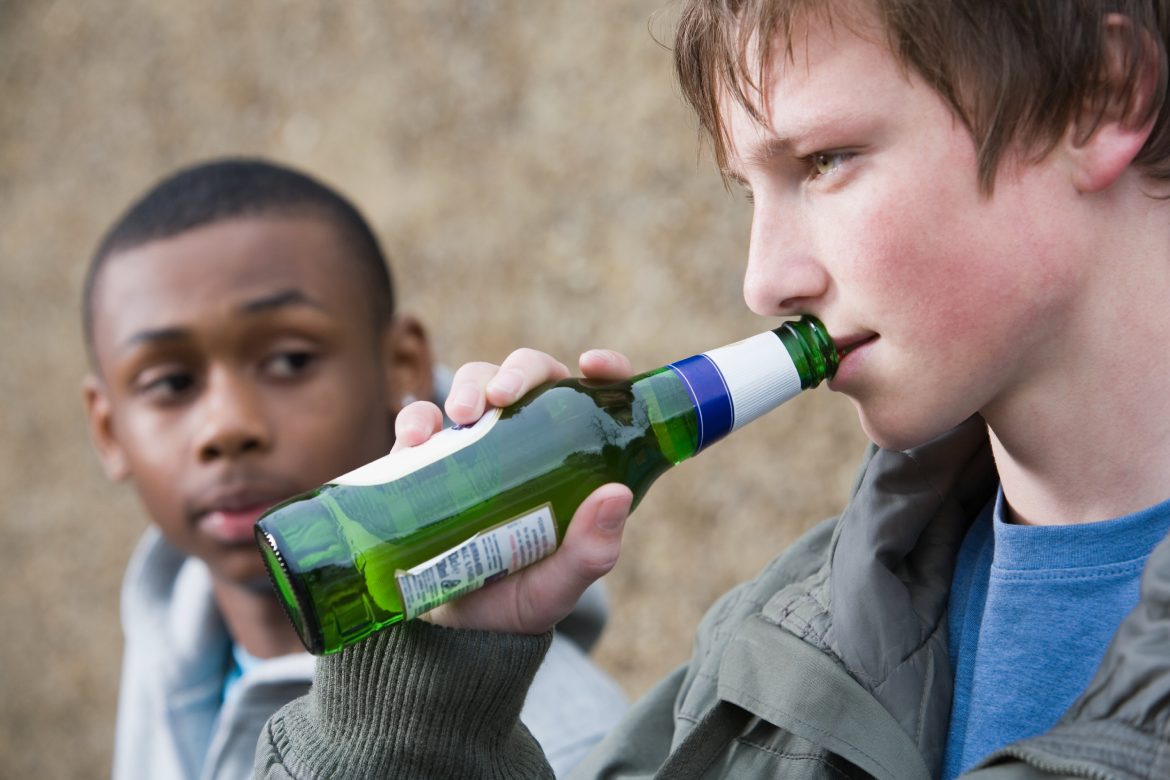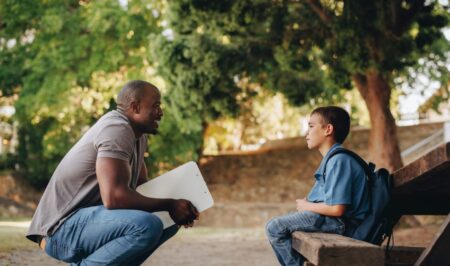Kids and substance abuse: Common Causes and Warning Signs
Substance abuse among children is an issue that is on the rise in the United States. The National Center for Drug Abuse Statistics reports that 50% of the teenagers it surveyed had misused at least one drug at some point in their lifetime, and 86% say they know someone who uses substances like alcohol and drugs during the school day.
Adolescence is a time full of experimentation, usually away from adult supervision, and this can provide the perfect opportunity for children to be exposed to harmful substances. Let’s explore why this dangerous phenomenon occurs and how to spot the signs and intervene as early as possible.
What is substance abuse?

Substance abuse is the ongoing, habitual and excessive use of substances in unhealthy ways with negative consequences. It involves the misuse of alcohol, prescription drugs, and illegal drugs such as stimulants, psychoactive substances and hallucinogenics, among many others.
Substance abuse can have harmful effects on the individual and those around them, including riskier behavior, strained interpersonal relationships, deteriorating mental health, and declining academic performance.
Why do children start abusing substances?

The cause of substance abuse among children cannot be boiled down to one conclusive factor for every case. There are several reasons why children might abuse substances and, in some cases, more than one reason can exist. Here’s a non-exhaustive list:
- A history of substance abuse in the family.
- Experimenting at an early age.
- Coping with stress and trauma.
- Needing to escape reality.
- Pre-existing mental health conditions.
- Peer pressure.
- Uncontrolled access to substances.
- A lack of positive extracurricular and social activities.
Determining the underlying contributor to a child’s pattern of substance abuse is a crucial step in stopping the behavior from continuing.
Warning signs of substance abuse in children
The first line of intervention for substance abuse among children is identifying it early. The longer substance abuse continues, the greater the chance of developing long-term physical and mental health problems. These are some of the signs to look out for:
Declining academic performance
Substance abuse can affect a child’s ability to concentrate, which can hurt academic performance. Children who abuse substances are also prone to frequently being absent from school without reasonable cause.
Dilated or constricted pupils and red eyes
Different drugs can have an immediate effect on the eyes, causing the pupils to seem abnormally large or small and turning the whites red.
Extreme shifts in mood
Substance abuse can cause mood swings, ranging from extreme euphoria to deep depression and irritability.
A pattern of dangerous behavior
Children are more likely to engage in dangerous behavior such as stealing, fighting, self-harm and drunk driving while under the influence.
Loss of interest in hobbies
If a child suddenly loses interest in an activity or hobby they used to enjoy, it’s possible that they might have developed an interest in drugs.
Suspicious new friends
A change in social circles on its own isn’t a concern, but if your child’s new group of friends is associated with drugs and alcohol, your child could be at risk too.
Changes in sleeping and eating habits
Substance abuse can disrupt a child’s sleeping and eating habits, leading to changes in appetite, weight, and sleeping patterns.
How teachers can help

Teachers spend a significant amount of time with children and are well-positioned to intervene and help children struggling with substance abuse. Here are some ideas that have been proven to be effective:
- Discussing the personal and social consequences of substance abuse openly and without judgment.
- Being a good listener and allowing students to confide in you even if their problems seem non-academic.
- Starting an afterschool program where students are welcome to get a head-start on their homework and discover hobbies.
- Speaking candidly to parents about home life and any familial issues the student could be going through.
- Role-playing exercises and skits that illustrate the short- and long-term effects of substance abuse.
- Introducing a wellness program that emphasizes exercise and mindfulness as coping strategies for stress.
- Promote peer accountability so that students can monitor each other’s behavior in the absence of a teacher or other adults.
How parents can help

Parents have a lot of power when it comes to preventing, identifying and curtailing substance abuse in children. Try some of these strategies:
- Modeling responsible behavior by not glamorizing or trivializing substance abuse.
- Setting firm rules about curfews, afterschool activities, socializing and academic expectations.
- Monitoring the time of media they consume.
- Engaging them daily about their lives and what worries them, and empowering them with positive solutions.
- Teach them assertiveness and build up their self-esteem so they’re less likely to seek validation from peers at any cost.
- Don’t drive drunk whether you’re around your child or not.
- Immediately seek the help of professional services if you suspect your child is already abusing any substances.
If you are concerned that your child or student might have an issue with substance abuse, help is available. Progen Care can connect you to local accredited professional resources to help you intervene in the most effective and supportive way for your child.
Schedule your first consultation to get started.





